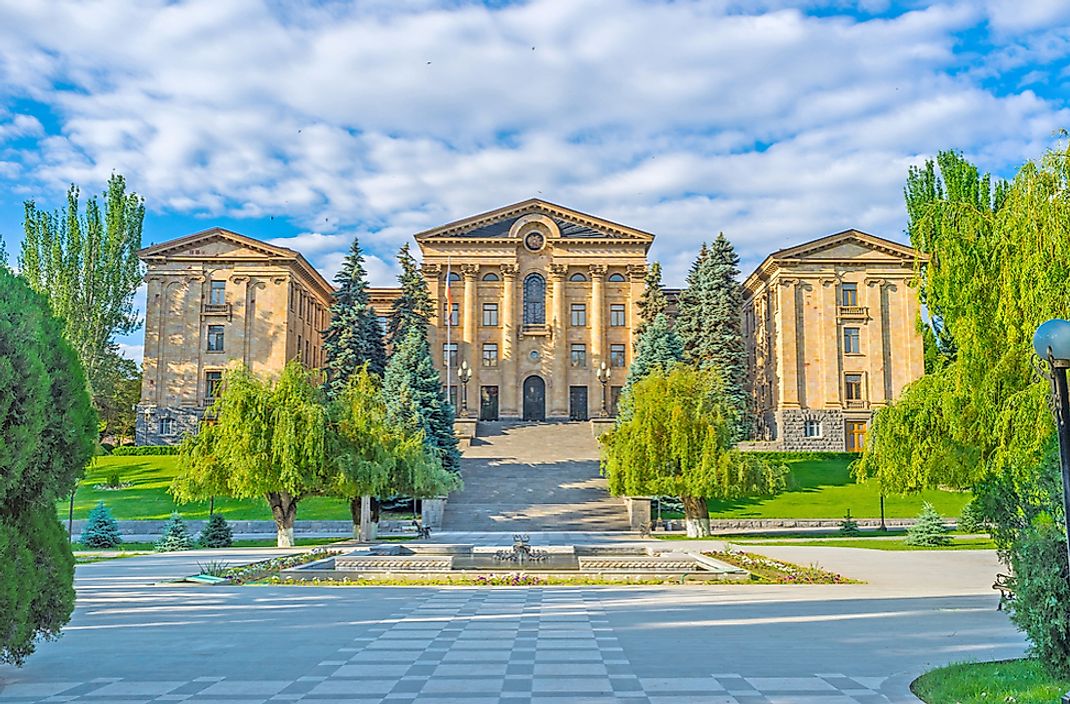When Did Armenia Gain Independence?

Armenia is a landlocked country in the South Caucasus region of Eurasia and is part of West Asia. Modern Armenia was a member of the Soviet Union before gaining its independence in 1991. The country is currently governed as a unitary democratic state with a multi-party system. The state has a unicameral parliament, the president serves as the head of state, and the prime minister serves as the head of government. Armenian is the country's official language of Armenia, while Russian is the second most commonly spoken language. Christianity is the dominant religion in Armenia. The national capital of Armenia is Yerevan.
Geography of Armenia
Armenia is located on the Armenian Highlands of West Asia and shares its borders with Georgia, Azerbaijan, Turkey, and Iran. The country is landlocked and covers an area of approximately of 29,743 square kilometers. The terrain of Armenia is mostly mountainous, and is also endowed with a number of fast flowing rivers and a small forest cover.
Brief History
Armenia is among the first countries to embrace Christianity as a state religion. Eastern Armenia was conquered by the Russian Empire at the start of the 19th century. At that time, most of Western Armenia was still under Ottoman Empire. The first Republic of Armenia was established in 1918 after the Russian Revolution. During the revolution, all non-Russian countries declared themselves independent after the collapse of the Russian Empire. On March 4, 1922, Armenia became a founding member of the Soviet Union, and remained a part of the Soviet Union until its collapse in 1991.
Path to Independence
Armenia's thirst for independence began in the 1980s during the Gorbachev era, when the country began demanding better environmental management, especially in response to Soviet factories that were carelessly emitting pollutants. Conflicts of the Nagorno-Karabakh district brewed more tension, as well as an earthquake, but Gorbachev was unable to address the needs of Armenia. Therefore, Armenians decided they needed to fight for their own wellbeing, and formed an independent army in 1990. Armed conflict broke out in different parts of the union, and the majority of those killed were Armenians, and Armenians living in Azerbaijan were also forced to flee back to their motherland. As a result, Armenia declared its sovereignty on August 23, 1990. On March 17, 1991, Armenia, together with a few other countries of the Soviet Union, boycotted a referendum which was to determine whether or not the Soviet Union would remain united.
Independence Day
The modern Republic of Armenia became fully independent in 1991, following the collapse of the Soviet Union. Independence was declared on September 21, 1991, after the failed August Moscow coup. However, despite this declaration, Armenia was not immediately recognized as an independent state, but continued to be considered as part of the Soviet Union. It was not until December 26, 1991, when the Soviet Union was officially dissolved, that the independence of Armenia became internationally recognized.











